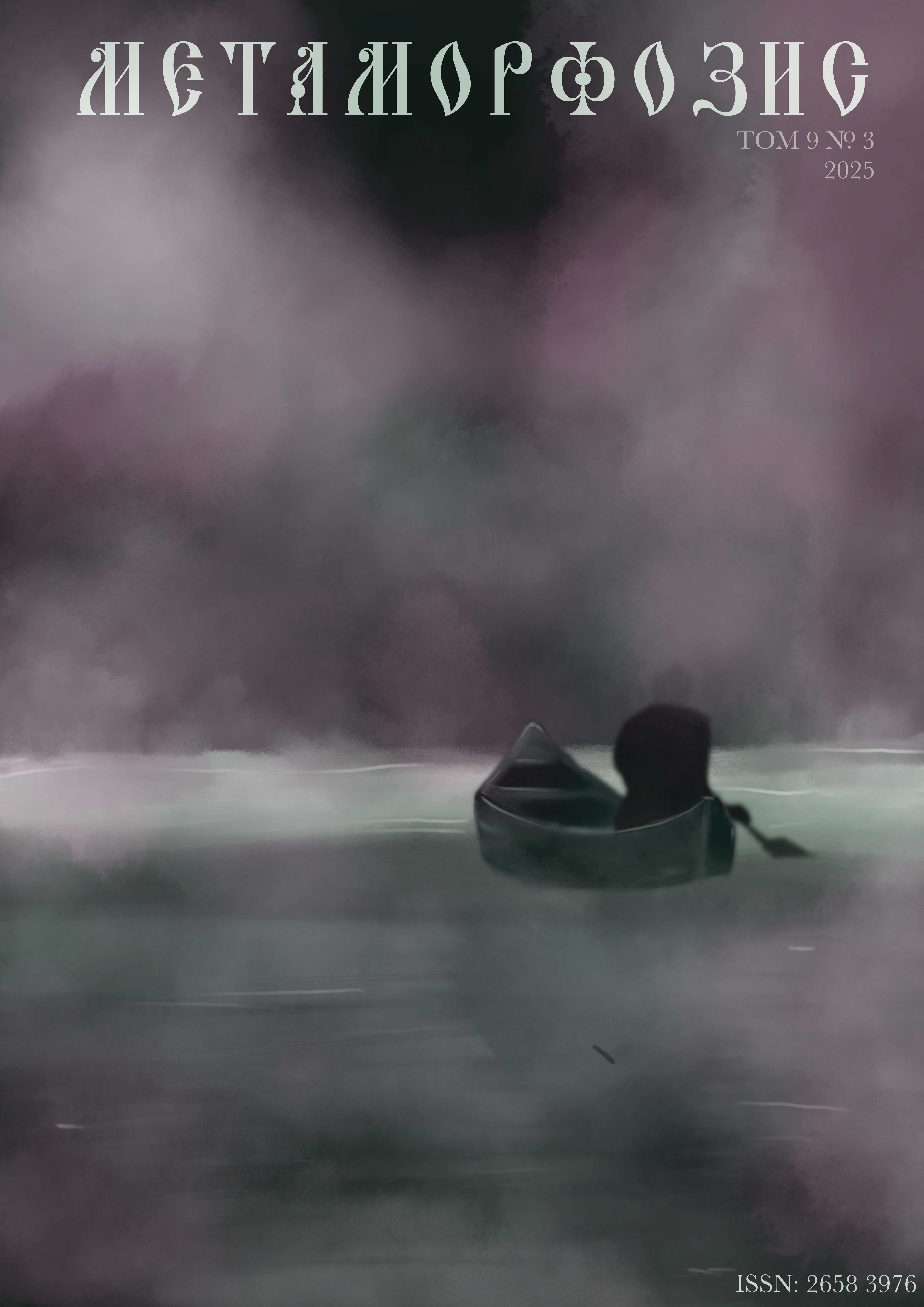Философ и поэт – одно и то же
Аннотация
В статье излагается авторское понимание соотношения философии и поэзии. Философия не только зарождалась как поэзия досократиков, но и никогда не могла перестать быть поэзией. Настоящий мыслитель и настоящий поэт – это в конечном счете одно и то же, настаивали в прошлом веке такие классики, как М. Хайдеггер или С. Булгаков. Для решения философских задач недостаточно логически выстроенной спекуляции, недостаточно средств объективирующего дискурсивного мышления. Нельзя понять тайну зла и невинных страданий, если отгородиться от них некой теорией зла и рациональным объяснением страданий. Невозможно говорить о тайне красоты или человеческой личности, если вместо них иметь дело только с понятием о личности или с красотой как с предметом знания, обозреваемым исследователем со стороны. Понять эти тайны можно только в живом участии в них: их нужно испытать и пережить, а не опредметить, не аналитически расчленить как «простую гамму». Поэтому философия и прибегает к особому, не объективирующему, модусу речи – к речи поэтической. Поэзия не монолог автора, она событийна в двойном смысле слова: в словах поэта как в живом разговоре выговаривает себя и само бытие. Природа, красота или страдание не предстоят поэту как предмет изучения и не удваиваются в его представлениях о них, но сбываются с ним, говорят за себя в его словах. Слово поэта не дает истинное описание мира, но мир, который и сам, по существу, есть слово, в поэзии сбывается как истинный, как слово непотаенное. Обрести это слово и дать ему звучать вместе с человеческим – дело философии, которая тогда и оказывается поэзией, когда не моделирует мир, но призывает его к диалогу как бытию в несокрытости.








